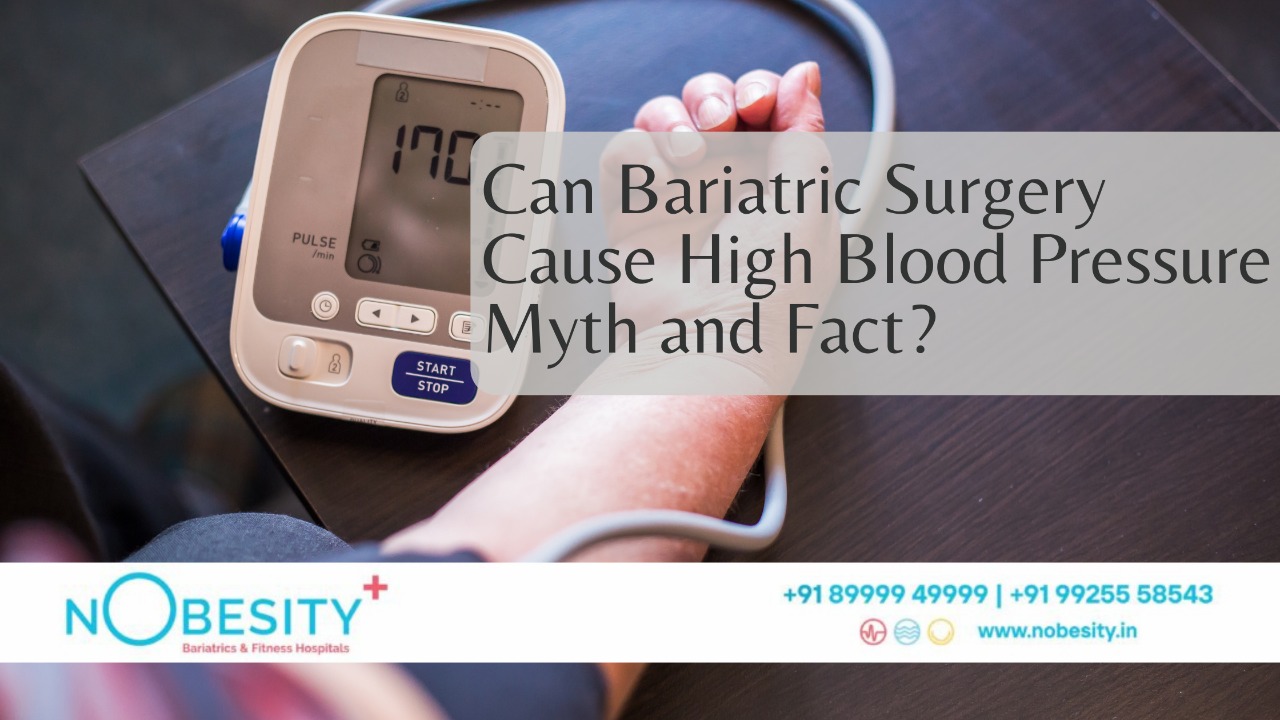
Bariatric surgery can be a massive asset to individuals struggling to lose weight. Weight loss surgeries can save lives even if people consider them cosmetic. Patients can avoid suffering to a greater extent. Will bariatric surgeries will have a good or bad effect on you? Continue reading the blog if you are looking for a similar answer!
Patients may find it impossible to lose weight on their own. It might not reflect their diet or lifestyle, nor does it generally stem from lazy eating and lack of self-control. Still, it can result from complex medical conditions and metabolic changes.
An individual who undergoes weight loss surgery must maintain a healthy diet, exercise regularly, and take advised vitamins and supplements to smooth their weight loss. The state of medical science has significantly advanced in recent years. However, it is still not so simple for people who are severely obese to undergo surgery and live everyday life.
Importance of Bariatric Surgery:
Bariatric surgery, however, can provide substantial and sustained weight loss, along with significant blood pressure improvement, as a side benefit for severely overweight or hypertensive patients. Patients who are obese and undergo bariatric surgery may see substantial improvements in their blood pressure over time after losing significant weight, thus improvising their overall health. The consequence of being overweight or obese is a host to several health complications, including diabetes, some cancers, and arthritis.
Some regular studies where patients’ blood pressure status has been taken before surgeries to study the improvements stated that these patients had substantially improved blood pressure after bariatric surgery over the long term. Even some patients shared that they could avoid medications that were a part of their lifestyle before the surgery to control blood pressure.
Patients who are highly obese face difficulties while trying to reduce their weight, whether through lifestyle changes or pharmacotherapy, resulting in overall compromised health. Blood pressure is the most serious of the problems. Although, not every person is the same, and the conditions vary from patient to patient. The risks related to the surgery also vary. There are specific tests that a patient can take before surgery to understand how the surgery will affect their blood pressure. However, several pieces of research reveal that weight loss generally improves health outcomes. Even after surgery, if the patient remains above recommended BMI, it is still an improvement over the previous extreme obesity.
The common ways that help to lower the risks of high blood pressure are by following a healthy diet, decreasing your Body Mass Index (BMI), accelerating exercise, and restricting yourself from smoking and drinking. One should realize that the term BMI is related to all the other reasons directly, and to control hypertension to a greater extent, one should start by maintaining their weight.
Most people think of surgery as a last resort when nothing else seems to work. Yet, studies suggest that long-term weight loss is not possible without surgery for those who are extremely obese. So, if you are obese and have regularly failed to control weight on your own, the ideal answer lies here surgical weight loss. Surgery should be considered a powerful tool to boost your weight loss process.
So, in the end, it comes down to your lifestyle, and studies suggest that intervening with weight loss surgery within five years of developing a weight-related condition such as diabetes leads to better outcomes over the long haul. Almost every second patient wished to have this surgery earlier. It is a complete myth that it raises blood pressure; instead, it helps regulate it to a greater extent.








